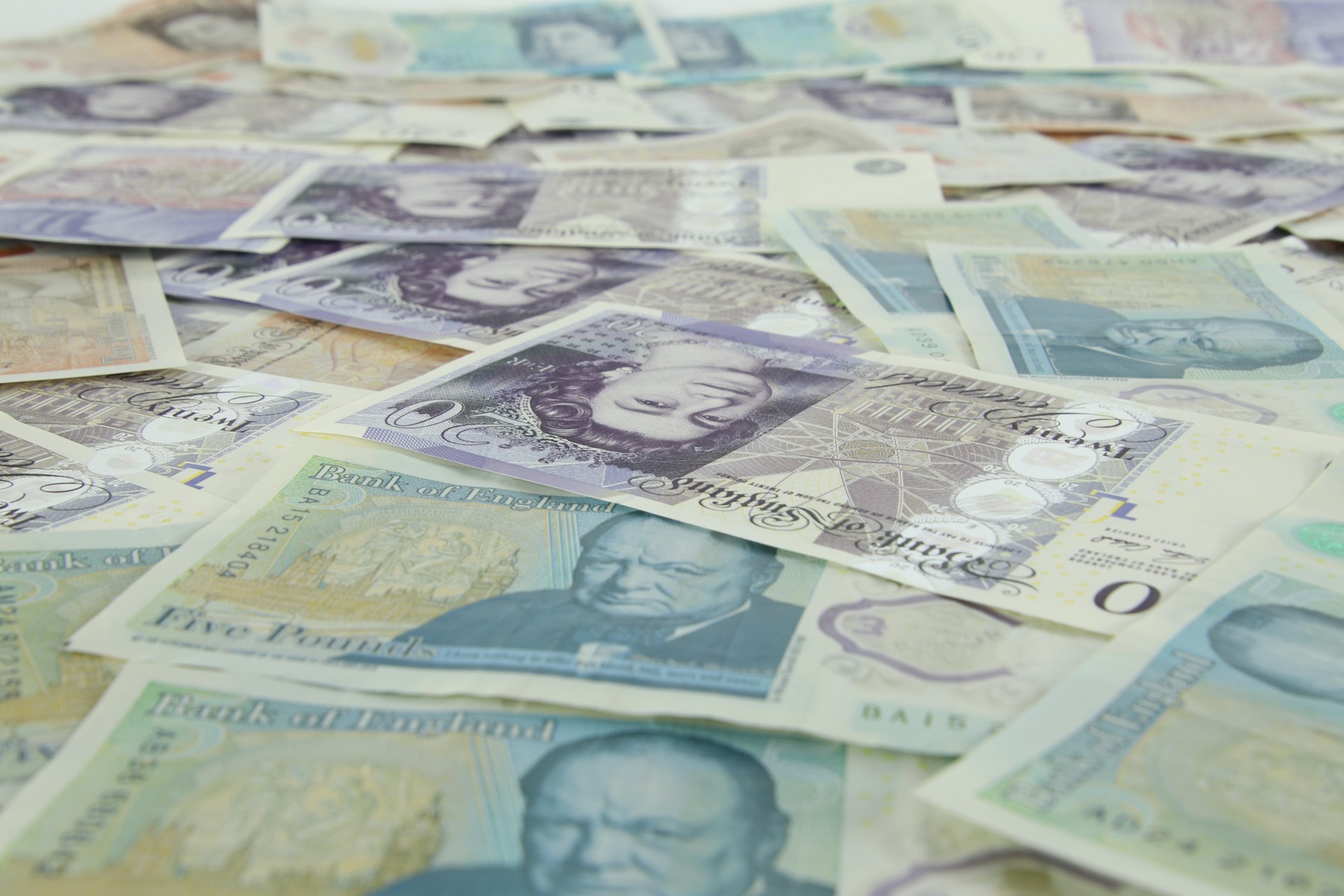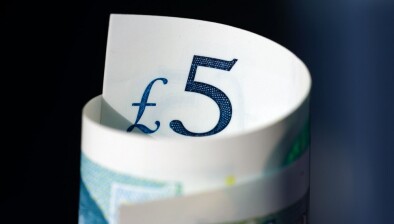Surprise 0.1% fall in UK GDP despite tariff pause

The UK economy experienced an unexpected contraction of 0.1% in May, according to official figures from the Office for National Statistics (ONS).
This fall in gross domestic product (GDP) occurred despite a temporary pause in US tariffs, defying economists’ forecasts of 0.1% growth.
The primary drivers behind the economic shrinkage were declines in car manufacturing, oil and gas extraction, and the pharmaceutical industry. The overall fall was mitigated by growth in the services sector, the largest component of the UK economy, with strong performances from law firms and computer programmers offsetting a particularly weak month for retailers.
The contraction follows a 0.3% decline in April, a month marked by the initiation of US tariffs which triggered global trade tensions. A subsequent 90-day suspension of these import taxes had been expected to bring a return to greater stability.
Data from the ONS revealed a mixed economic picture. While exports to the United States saw a modest increase of £300 million, they remained at a relatively low level following a significant drop in April. Overall, the figures indicated a substantial rise in goods imports alongside a decrease in goods exports.
Chancellor Rachel Reeves described the news as “disappointing”, reaffirming the government’s commitment to its primary goal of fostering economic growth. “I am determined to kickstart economic growth and deliver on that promise,” she stated.
However, there were some positive indicators. The ONS revised its growth figure for March upwards from 0.2% to 0.4%, suggesting that businesses had brought forward activity and investment in preparation for the anticipated tariffs. This revision means the economy still demonstrated growth over the three-month period.
The disappointing May figures have led investors to increase their bets on a 0.25 percentage point cut in the Bank of England’s base interest rate in August, which would lower the rate to 4% and reduce borrowing costs.
Scottish Friendly savings expert Kevin Brown comments on this morning’s GDP data: “After a weak showing in April, this month’s GDP data is another bitter pill for the Chancellor. The UK’s finances were already showing real strain, and this leaves the Chancellor with more holes to fill. It is the fiscal equivalent of whack-a-mole – every time Rachel Reeves solves one problem, another emerges.
“Real challenges lie ahead. The Government’s failure to push through welfare cuts has blown a hole in its budget likely to be filled by tax rises in the Autumn. While there remains considerable speculation on what those tax rises might be, they could slow UK economic growth even further.
“The UK economy also continues to struggle with a lack of confidence. While many households have more disposable income thanks to wage increases that have outpaced inflation, large numbers remain hesitant to spend. A more optimistic take is that the UK still has the capacity to turn its fortunes around. It just needs a period of stability, but that has proved elusive.
“The prospect of tax rises should prompt households to ensure their savings are in tax sheltered accounts. There remains considerable speculation that there could be changes to the ISA or pension rules in the budget. Savers may want to look to take advantage of their tax free allowances in the event of any changes.”







